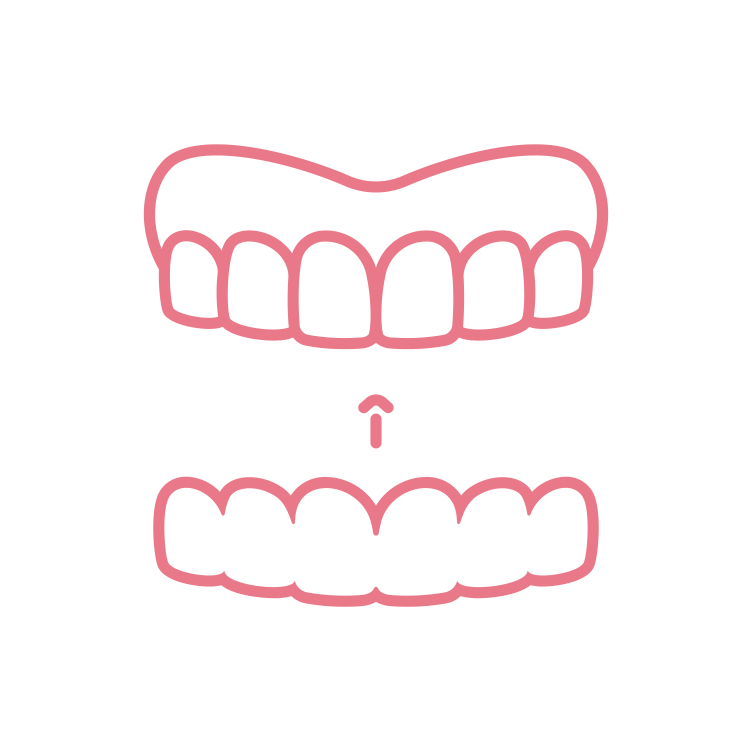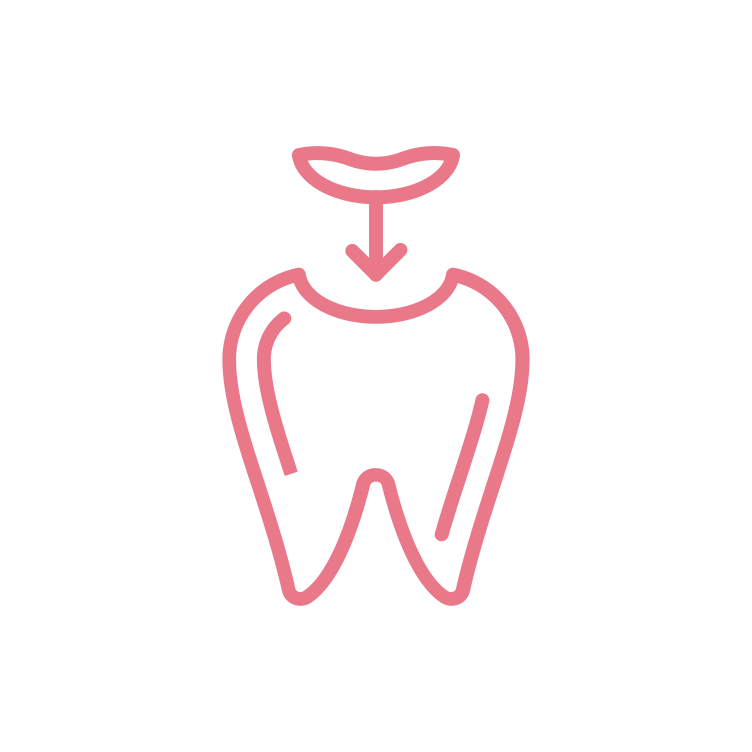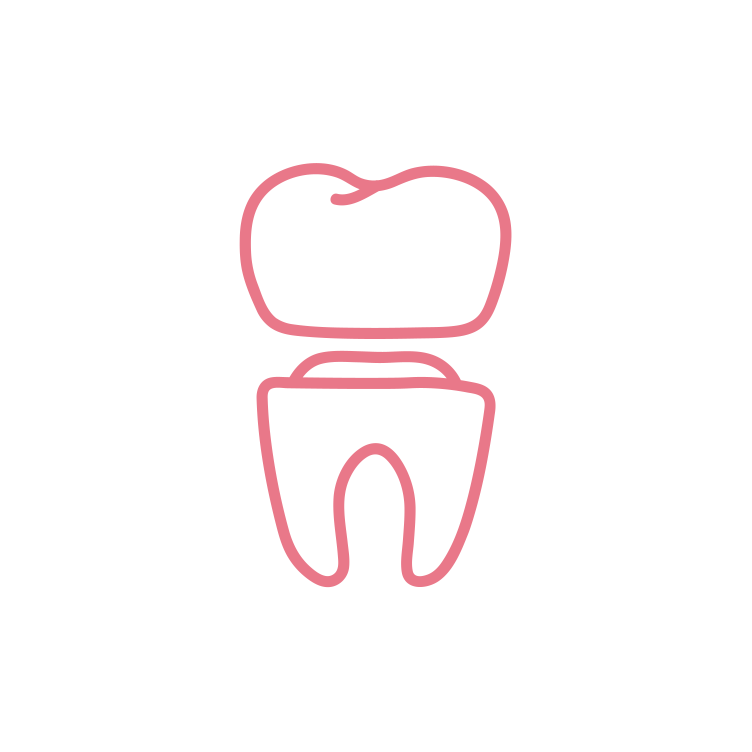Bad breath, medically known as halitosis, is a common dental problem; almost 65% of people in the US suffer from the condition. It can occur because of several reasons, including poor dental health habits, unhealthy food and lifestyle habits, etc. But sometimes, it may also indicate other health issues as well.
Symptoms of Bad Breath
Besides the bad smell in the mouth, people suffering from halitosis may also experience a bad taste. If the taste is due to trapped food particles, it will go away by proper brushing and flossing. However, if an underlying condition is resulting in bad breath, it may not disappear without treating the root cause.
What Causes Bad Breath?
Food
When food particles get broken down inside the mouth, the oral bacteria increase and result in a foul odor if the mouth is not cleaned well. Besides, when you consume certain foods, such as onions, spices, and garlic, your stomach absorbs oil from them once they are digested. These oils enter your bloodstream, travel to your lungs, and cause bad breath.
Tobacco products
Tobacco itself has an unpleasant odor. Besides, persistent smokers and tobacco users are at an increased risk of gum disease, a source of bad breath.
Poor dental hygiene
If you don't brush and floss your mouth well, food particles will get trapped inside the mouth and lead to bad breath. Lack of good oral hygiene can also result in the formation of dental plaque, a colorless, sticky film of bacteria. If plaque is not brushed away, it can cause cavities, cause periodontal disease, and lead to bad breath. Dentures that aren't cleaned well can also harbor odor-causing bacteria.
Dry mouth
Saliva present in the mouth helps remove food particles from the mouth and prevent bad odors. If you have a dry mouth, the saliva production decreases and causes bad breath. Dry mouth can occur if you sleep with your mouth open, have a salivary gland disorder, or take certain medicines that treat high blood pressure and urinary infections.
Medications
When broken down in the body, some medications release certain chemicals that cause bad breath.
Infections in your mouth
Bad breath can occur if your mouth has any wounds after an oral surgery or has conditions like tooth decay, gum disease, or mouth sores.
Sinus, mouth, or throat conditions
You may get bad breath odor if you have:
- postnasal drainage
- a sinus infection
- chronic bronchitis
- an infection in the respiratory system
- tonsil stones
Diseases
Severe, unusual breath odor that doesn't go away with brushing can be a symptom of some underlying diseases like:
- kidney disease
- liver disease
- diabetes
- sleep apnea
- gastroesophageal reflux disorder
- metabolic disorders
How To Prevent Bad Breath?
- Brush your teeth twice a day
- Floss your teeth regularly
- Use an antimicrobial mouth rinse
- Stay hydrated
- Quit smoking
- Clean your dentures, retainers, mouth guards, and other oral appliances daily.
- Schedule your dental cleaning and examination every six months.
Dr. Jeanne V. Devi, DDS, offers treatment for bad breath. For more information and appointments, contact us at (626) 795-2544, book online, or visit us at 595 E Colorado Blvd Suite 603, Pasadena, CA 91101.










